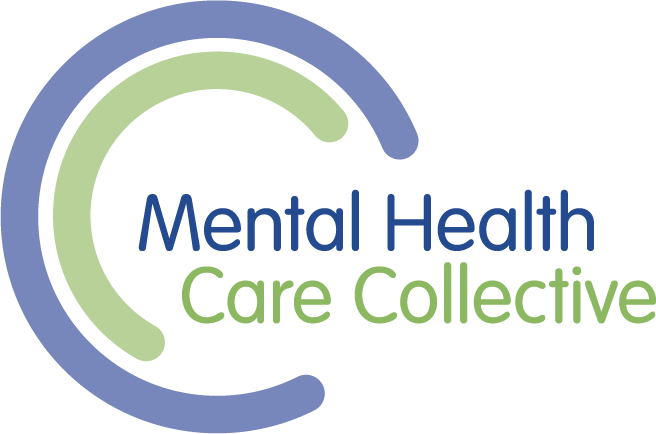Sian’s pathway
‘Sian’ is an 18 year old first year university student who self-referred to the MHCC by email, after feeling desperate and isolated one night and searching online for help. She has had an underweight eating disorder for 5 years and had a bad experience of past treatment, feeling it was too focused on weight gain and not on how she was feeling. She opted to speak first to one of the MHCC’s experts by lived experience for 2 online appointments. She then felt reassured enough to have an assessment with one of the professionals.
After establishing that Sian was significantly underweight, but safe enough physically for community treatment, the pathway started with a plan for a block of 10 sessions of therapy, face-to-face. At a point where Sian was ready, she also had two appointments for dietetic work. Sian was slightly stuck within therapy and unable to commit to change. So the next phase on her pathway was to re-engage with the expert by lived experience for support work for 5 sessions, around confidence being in social situations with food. This support was a mixture of messaging support, using an App for recording thoughts, feelings and eating, and face-to-face sessions focussed around eating in public places. The therapist reviewed progress with Sian after these 15 sessions, getting input from all the members of the team involved in her pathway, and agreed she was ready and motivated to pursue a further block of 20 sessions of therapy and push on with change.
Sian did not want her parents directly involved in her treatment, as things had been difficult at home. However, Sian’s parents were concerned about her and how she was coping, getting in touch with the MHCC when they learned she was getting treatment. Although Sian did not consent to any information being shared with her parents about her care, they were able to join the online aspects of the carer support group, and focus on understanding more about eating disorders and gaining support for themselves about how to cope with their concerns, both from the MHCC team and by connecting with the other carers in the group.
John’s pathway
‘James’ is a 29 year old who developed depression and anxiety, triggered by the death of his dad and a change in his job role. He had been on sick leave and was largely isolating himself from friends and family.
James was referred to the MHCC by his GP with a letter, after he had learned of the waiting time for NHS therapy treatment and asked about alternatives. He was motivated to get back to work having struggled initially with the stigma of having a mental health problem and instinctively withdrawing and avoiding speaking to people about his problems. He attended for two face-to-face assessment appointments, after which a plan for weekly therapy for 10 sessions was developed. James engaged well in therapy and was quickly able to make changes, and began to feel better. He had 2 sessions online whilst he was visiting his family, which allowed connection to be maintained and healthy re-engagement with others to be supported.
After 10 sessions a plan for a further block of 10 sessions was made. However, after just 3 more sessions James returned to work and felt he had made enough progress to stop therapy. We supported James’s decision and encouraged him in getting on with his life, with slight misgivings about whether he’d had enough support to make the changes he needed, and therefore leaving the door open to getting in touch again if there were ‘bumps in the road’ he felt he needed help to navigate. His care pathway was short, but did what he needed.
Morag’s pathway
‘Morag’ had a long history of mental health problems, including alcohol difficulties, self-harming and depression. She’d been diagnosed with a personality disorder in the past and hated this diagnosis. She was wary of psychiatrists and didn’t know if she really wanted to change her drinking, feeling it was under control. She was troubled by the depressive symptoms though and problems with relationships.
She self-referred to MHCC, but wasn’t sure we could help her. She reluctantly accepted a one-off assessment by one of the professionals, particularly focussed on assessing her risks. It was agreed her initial pathway would be a period of support work with an ELE only, as long as risks didn’t increase to make this unsafe. A combination of email support and face-to-face support meetings fortnightly, for 10 appointments, was agreed. The aim was to support Morag in reflecting on her problems, helping her feel understood and validated, and supporting her to consider what she might want in an ongoing care pathway with MHCC.
Morag’s pathway could develop in a number of ways. If she is motivated and feels able, she may need long-term therapy of 40 sessions or more. The risks of self-harm and alcohol misuse would need to be reviewed and managed alongside this. We may recommend further engagement with NHS addiction services if this becomes the central problem or we may recommend a creative therapy as an alternative means to talking therapy if she finds a talking focus too difficult to engage in. The support work may continue alongside any of the above or may stop after the initial work.

